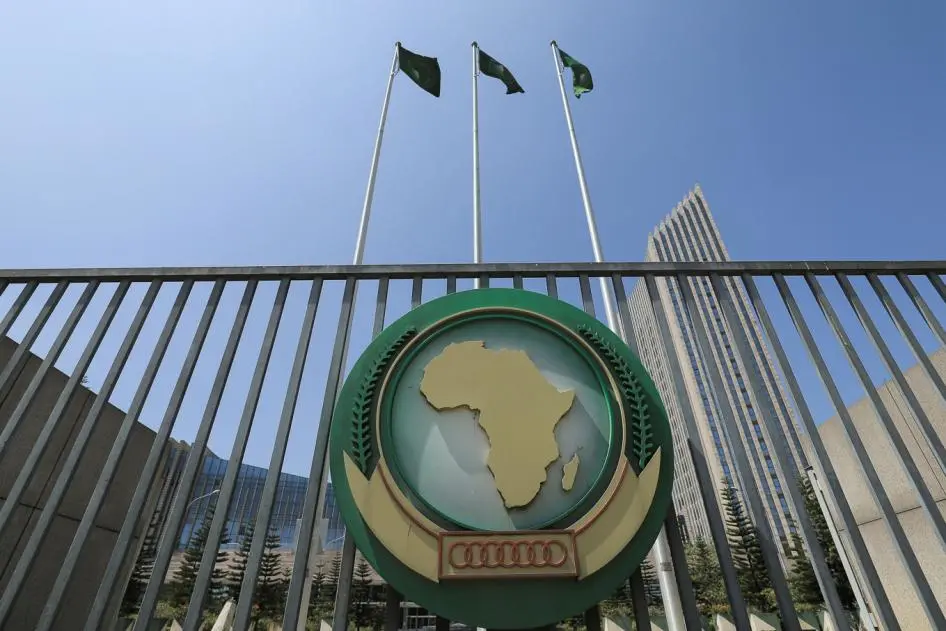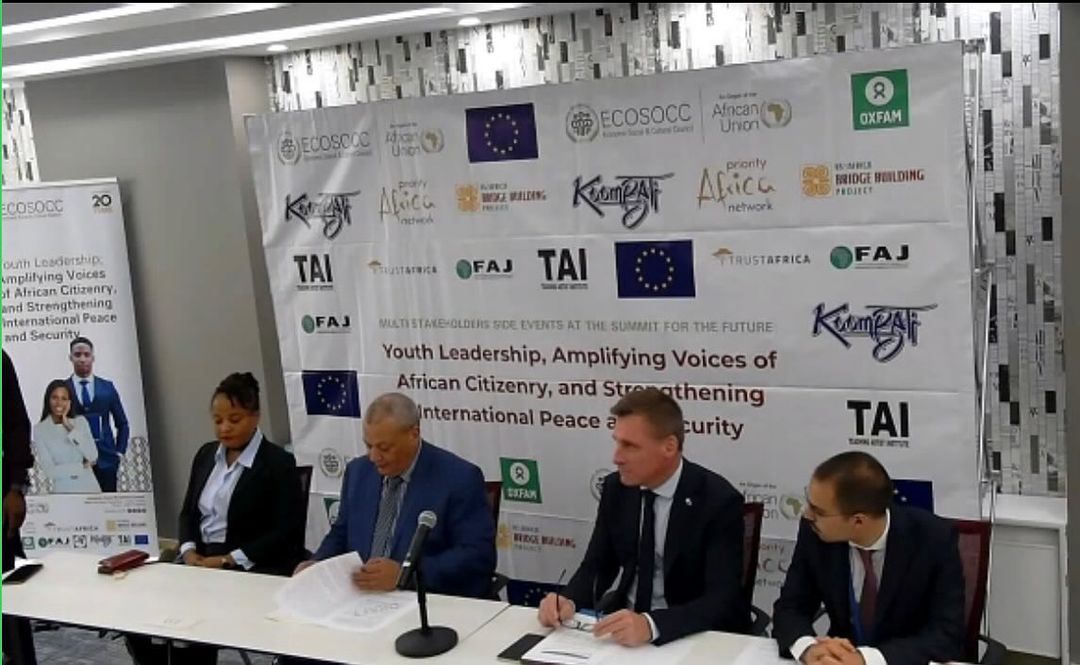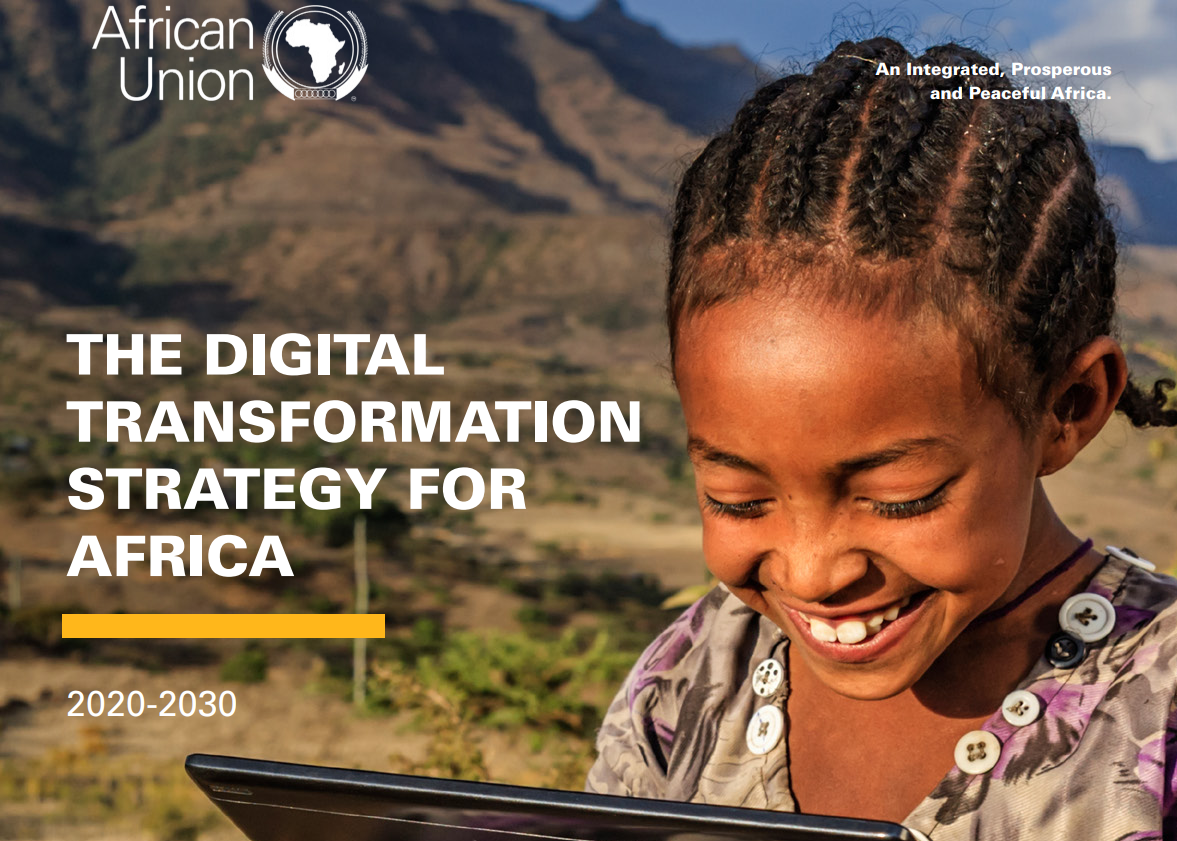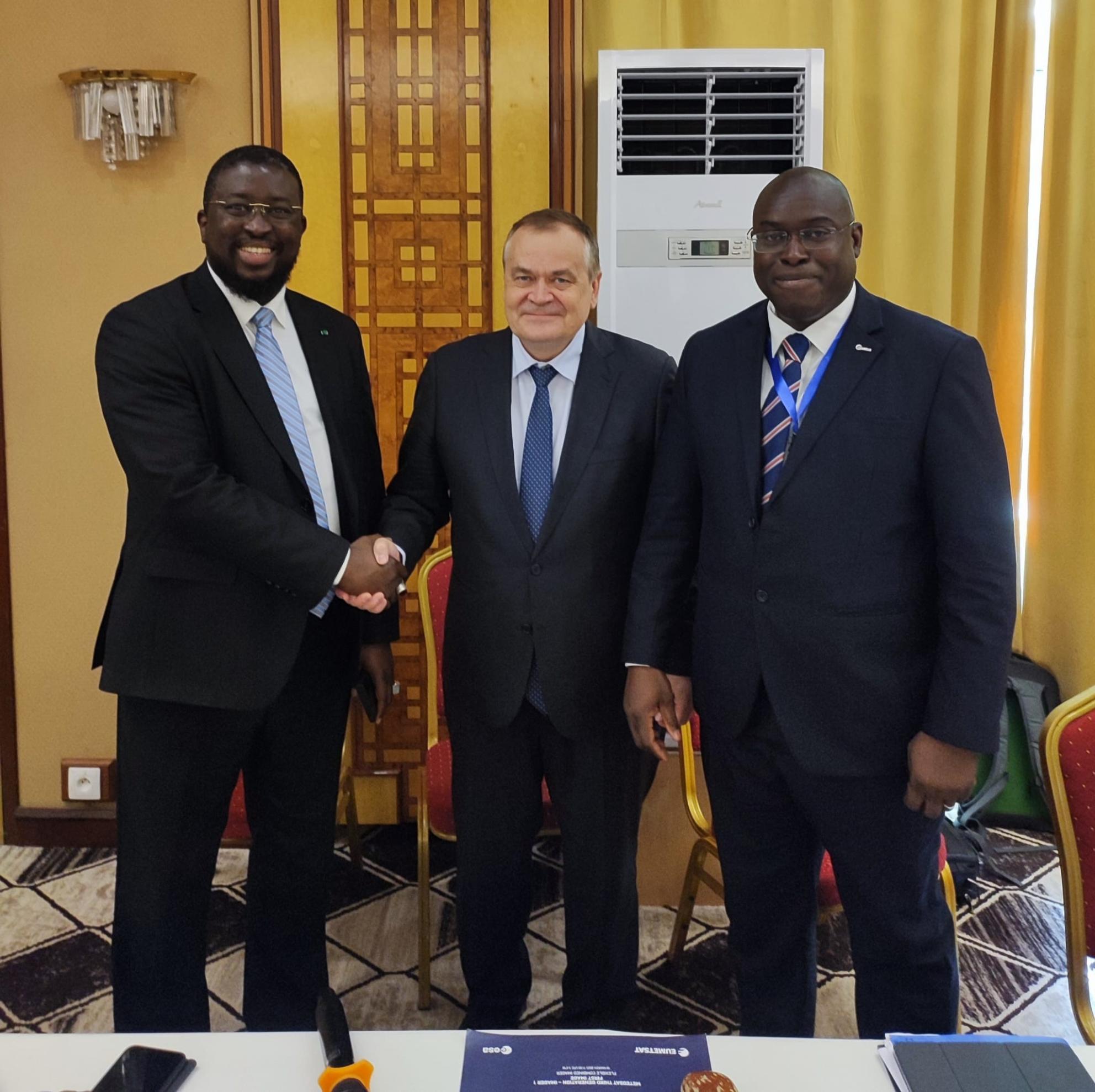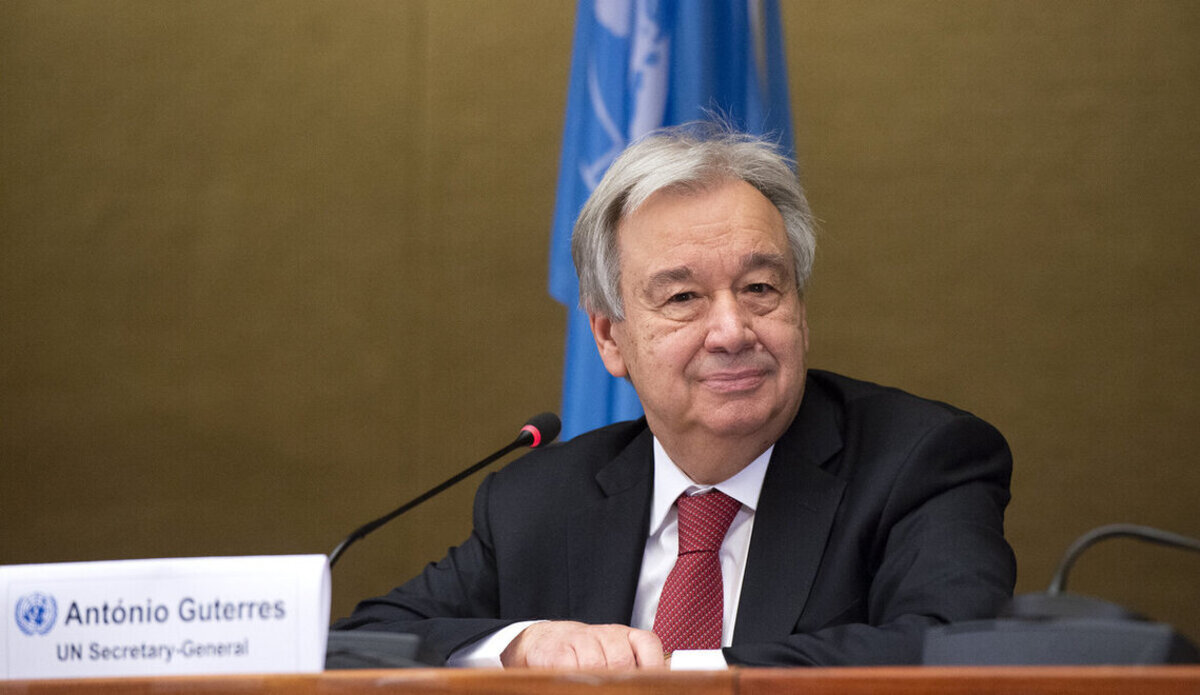The African Union (AU) has officially acknowledged the crucial role of female innovators in transforming the education sector across the continent.
By leveraging information, communication, and technology (ICT), these trailblazing women enhance access to quality education and empower themselves and their peers to become agents of change in their communities.
This recognition aligns with the AU’s Continental Education Strategy for Africa (CESA), which underscores the importance of ICT in achieving socio-economic development and improving educational outcomes.
Read also: African Union ECOSOCC, EESC present joint declaration at UN Summit of the Future
Notable Innovators Leading the Charge
Among the standout innovators highlighted by the AU are Susannah Farr from South Africa, Anne Nyaboke Wakesho from Kenya, and Amina Umuhoza from Rwanda. Each of these women is making significant strides in addressing educational challenges within their communities, driven by a commitment to fostering inclusivity and empowerment for young girls.
Susannah Farr, CEO of the Gold Youth Development Agency (GYDA), emerged as a top innovator during the 2019 Innovating Education Expo. Her organisation employs a peer-education model to empower youth, reaching over 55,000 people across 123 communities. “We are cultivating future nation builders,” Farr stated. “Our goal is to ensure that every young person is equipped with the knowledge and skills to thrive, regardless of their circumstances.”
Transformative Solutions for Education and Empowerment
Another remarkable innovator, Anne Nyaboke Wakesho, developed the Hadithi Hadithi literacy app through her company, eLimu Kenya. This digital tool, designed for out-of-school youth and early childhood learners, provides educational content that resonates with African realities. “We aim to improve literacy rates significantly through engaging, culturally relevant stories,” Wakesho explained. Her app has shown that with the right tools, young people can achieve educational milestones faster than traditional methods.
Amina Umuhoza’s initiative, Dukataze, is dedicated to empowering girls in Rwanda by providing vital resources and support, including career guidance and reproductive health counselling. “Empowerment is about equipping girls with the right skills and knowledge,” she said. “We want to reduce unwanted pregnancies and promote entrepreneurship among young women.” Dukataze includes an e-commerce platform, allowing girls to market products they create, further fostering their independence and confidence.
Read also: Can AfCFTA unlock Africa’s innovation potential and propel economic growth?
These women’s efforts underscore a vital message: empowering girls and young women through education and technology is essential for driving social change. As part of the AU’s commitment to gender parity, these innovations contribute significantly to achieving “Aspiration 6” of Agenda 2063, which envisions a people-driven continent focused on the potential of its youth and women.
The annual Innovating Education Expo showcases transformative initiatives. With 380 innovators participating in the latest edition, the AU’s recognition highlights the importance of continued investment in women’s education and innovation. By supporting female-led initiatives, the AU aims to foster a new generation of leaders championing educational reform and social equity across Africa.
As the continent moves forward, the ongoing commitment to empowering female innovators like Susannah Farr, Anne Nyaboke Wakesho, and Amina Umuhoza will undoubtedly pave the way for a brighter future, ensuring that all girls have access to the tools and opportunities necessary to succeed.
